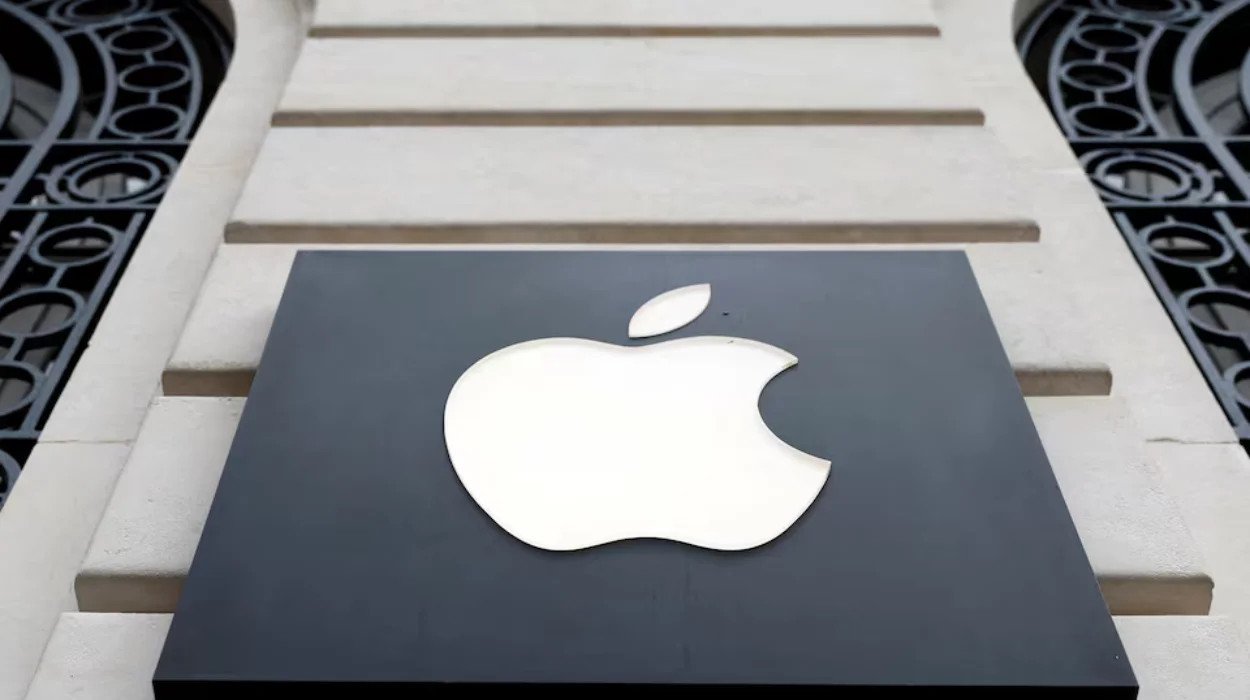Brussels – US tech giant Apple has urged the European Union to revoke the Digital Markets Act (DMA), claiming it has been unfairly targeted since the law’s introduction in early 2023, and has called for a more suitable regulatory framework, reports 24brussels.
The company’s request coincides with the European Commission’s ongoing review of the DMA, a regulatory framework designed to curb the influence of Big Tech. This examination represents the Commission’s initial assessment of the Act’s effectiveness and its adaptability to emerging technologies, including artificial intelligence. Feedback from stakeholders was solicited until September 24.
As the world’s largest smartphone manufacturer, Apple contends that EU users face significant delays in accessing new features and are exposed to heightened privacy and security risks as a direct consequence of the DMA. Apple has called on the Commission to revisit the law’s implications for EU consumers, asserting its commitment to continue introducing features compliant with legal standards.
How does the DMA affect Apple’s product feature launches?
Due to legal requirements imposed by the DMA, Apple reports delays in launching several key features within the EU, including iPhone Mirroring to Mac and Live Translation with AirPods, citing engineering challenges as a significant roadblock.
The company, which sells millions of devices and services across the EU, also noted that the rollout of location-based features in Maps has been hindered due to DMA stipulations requiring compatibility with non-Apple products and third-party developers prior to release.
What privacy and security risks does Apple highlight?
In June, Apple updated its App Store guidelines and fees to align with the EU’s antitrust regulations. The DMA mandates that large tech firms open their platforms to competition.
Apple expressed concerns that complying with the European Commission’s demands poses risks to user data and has dismissed some of the proposed safety measures.
“It’s become clear that we can’t solve every problem the DMA creates,”
the company stated.
“Over time, it’s become clear that the DMA isn’t helping markets. It’s making it harder to do business in Europe.”
Apple noted that this situation has resulted in a “riskier, less intuitive” app experience for EU users, as the introduction of sideloading and alternative marketplaces raises threats such as scams, malware, and previously banned applications appearing on platforms.
What fines has Apple faced under the EU’s DMA?
In 2023 and 2024, the European Commission classified seven firms, including Apple, as gatekeepers under the DMA. Both Apple and Meta faced fines in April for failing to comply with the DMA, with the Commission imposing a €500 million penalty on Apple. This investigation revealed that Apple was obstructing developers’ ability to communicate freely with consumers and was redirecting them to alternative channels for offers and content.
The Commission’s findings indicated that app developers distributing through the App Store were unable to inform customers of non-App Store options without incurring costs, intensifying scrutiny on Apple’s practices in the European market.










